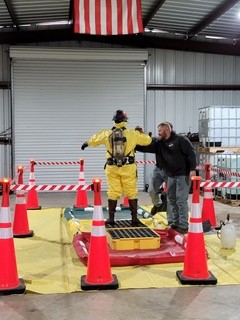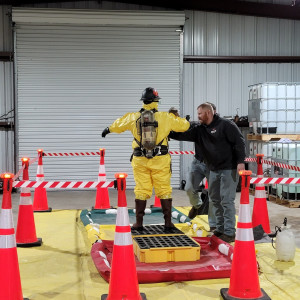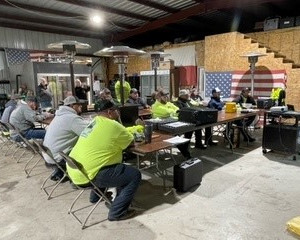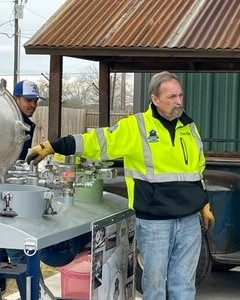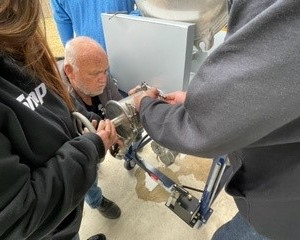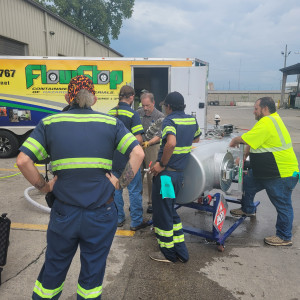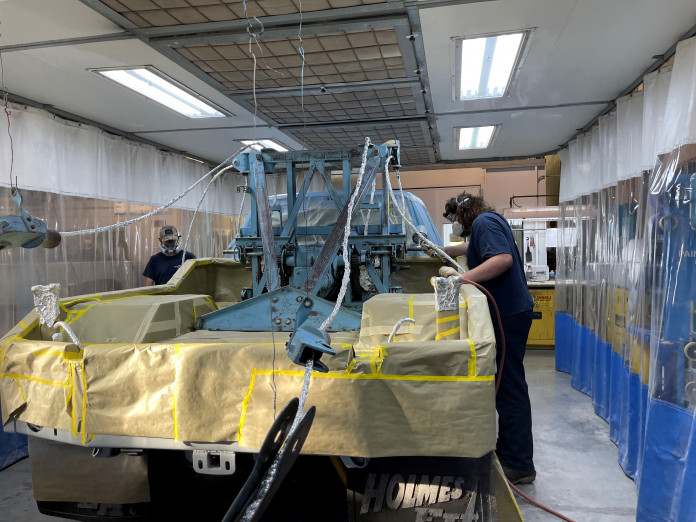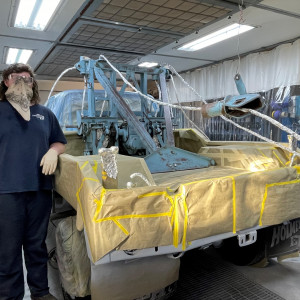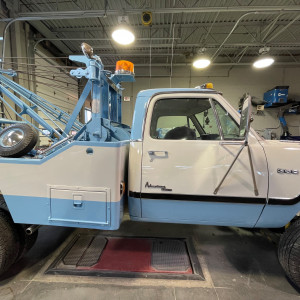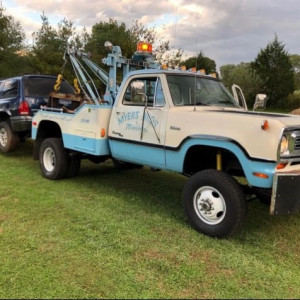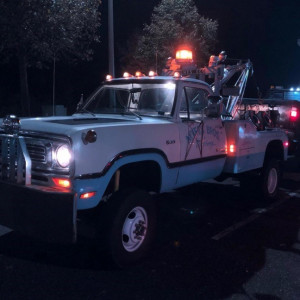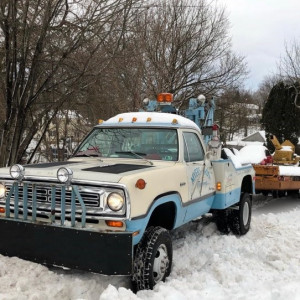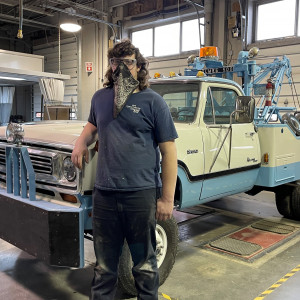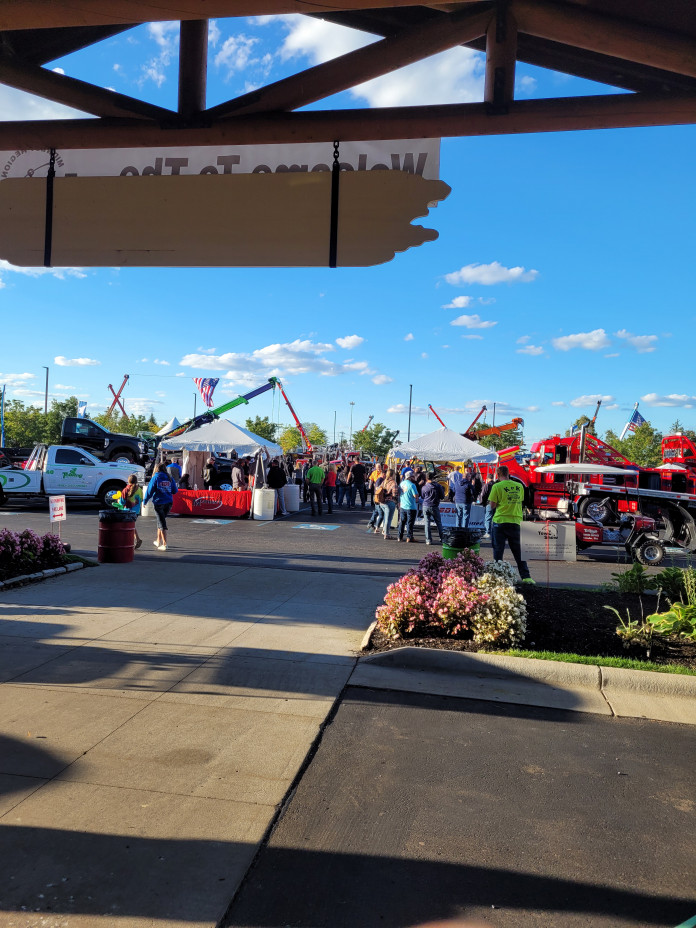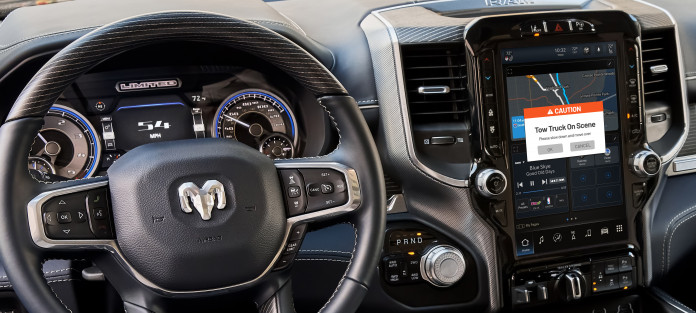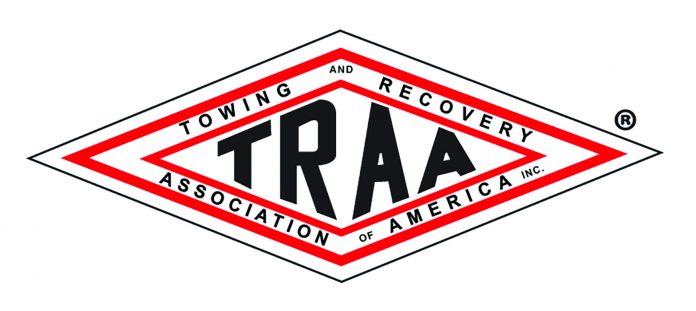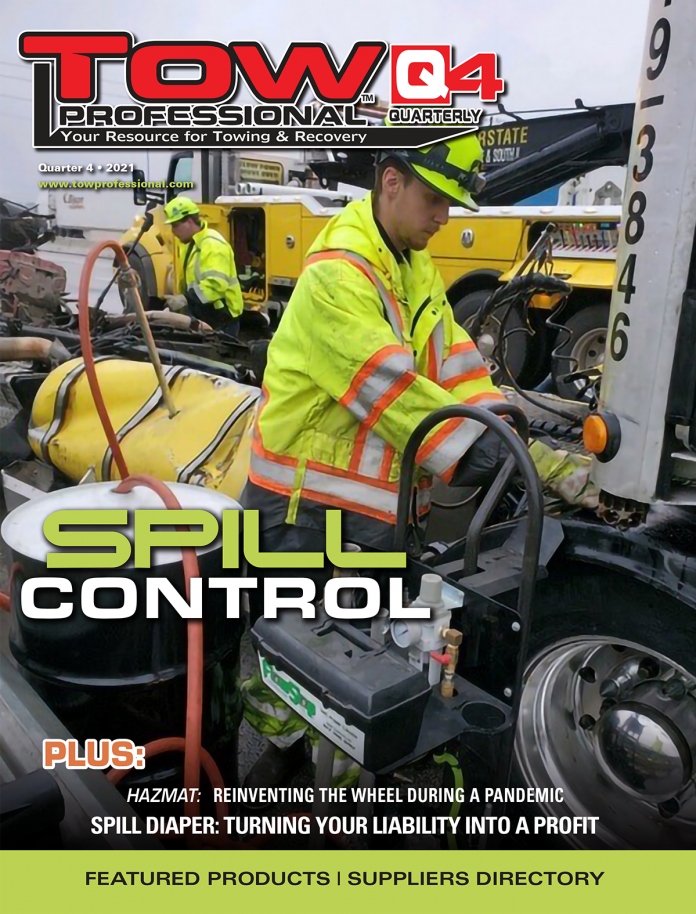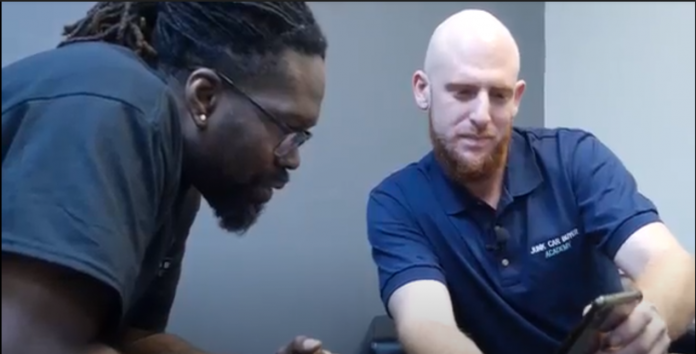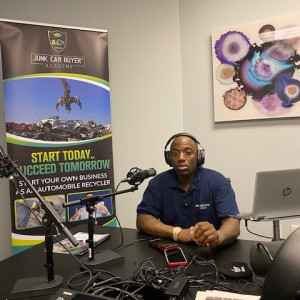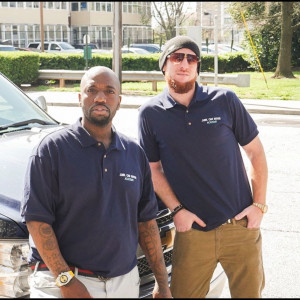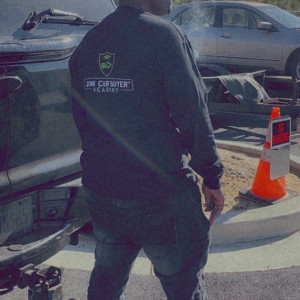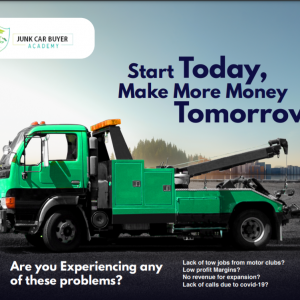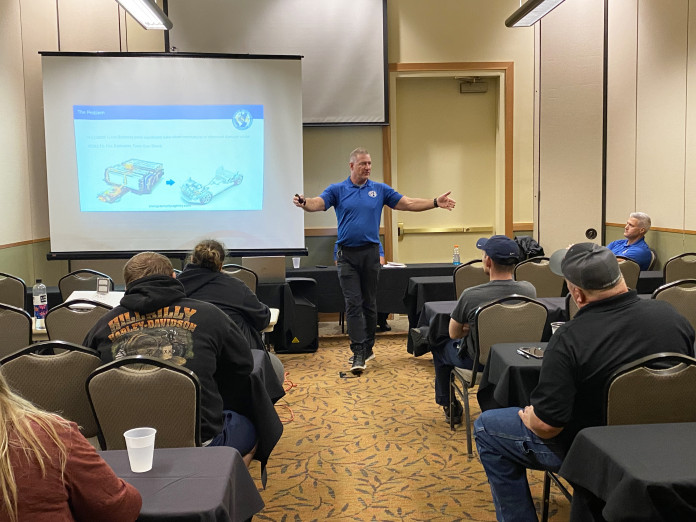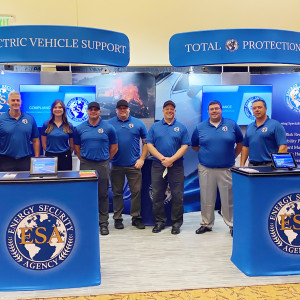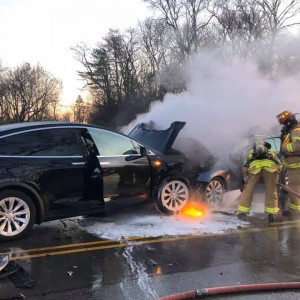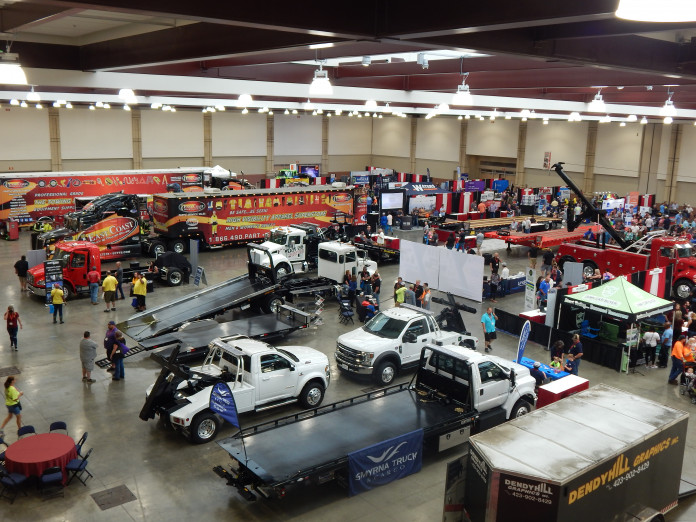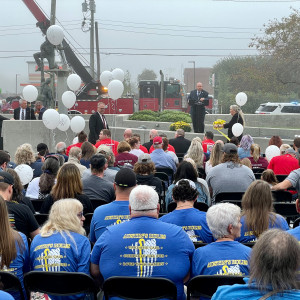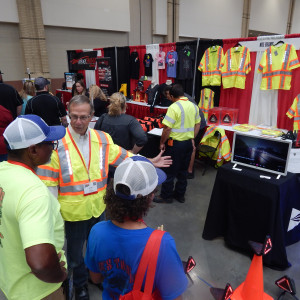For as long as there have been production automobiles, there has been a need to tow and recover them. From the rudimentary tractor pull of a vehicle from a ditch to a rotating hydraulic-powered boom mounted to a 100,000+ pound truck raising a casualty from a ravine… the profession of towing and recovery has come a long way. During the same 100+ years these advances have been taking place, drivers have exponentially become less concerned with the actual act of driving. This has led to far too many fallen souls along the highways of this great country, and indeed the world over. So, is there an answer to the problem at hand? A way to pull the proverbial ‘rabbit from a hat’ and end the madness? While there may not be an absolute solution, TowMate continues to focus its product engineering efforts on improving the situation. Considering the ever-changing dynamics of the work environment, along with the continued improvements of the technology at hand, this article aims to outline an up-to-date, balanced, and effective approach to staying safe on the modern recovery site.
First and foremost, drivers must be aware of your presence in order to avoid a collision with you. That does not necessarily mean the best approach is to max out your amperage to be bright like the sun. There is one thing that remains constant though, and that is that the cornerstone and mantlepiece of this equation is the overhead light bar. Perhaps the earliest example of a widely used piece of equipment for visibility’s sake, the overhead light bar, or beacon, comes in more varieties than one can shake a stick at. The PCX61U from TowMate serves as a benchmark in light bar technology, with its two-wire installation and high LED count, in addition to its functionality. Covering the bases with strobe, traffic control arrows, work lights, and wireless Stop/Tail/Turn functionality, the real magic is a function of its optics. The PCX61U light bar boasts the cutting edge ‘peripheral parabolic technology.’ That is the terminology used to describe how the light is projected. With these optics, the light bar is distinctly visible up-close but appears brighter at a distance, reducing the possibility for drivers or recovery crew from becoming disoriented within the immediate area while simultaneously maintaining a distinct visual footprint in the eye of the vehicle’s operator.
A step up from the simple road-flare of the past, and effective for some time, the overhead light bar has become more-or-less insufficient as a stand-alone safety precaution for visual awareness in the present day. Enter a myriad of options for flashing lights of all descriptions to mount anywhere and everywhere on a truck one could imagine. But as the age-old adage goes… “just because you can, doesn’t mean you should.” There is also the undeniable fact that there is such a thing as too much lighting. But when done the right way, with the right placement, a good lighting package can make all the difference when it matters most.
The Power-Link combination marker/strobe/work light and STT/strobe/work light combination lights are likely the easiest to install warning lights in the world, utilizing factory wiring to operate. Plug them into the factory connector and install your Power-Link controller (included with the above-mentioned light bar or purchased a la carte), and away you go. For a more conventional approach, TowMate has recently designed the new SS470 super slim surface mount LED strobe. Containing 12 high-intensity LEDs with linear optics, these puppies pack a punch. They can be single color or multi-color, and used as a marker, a signal, a work light, in addition to being a warning light depending on the exact configuration. Better yet, they can be synchronized to maximize the visual impact. An effective approach is one without overkill. Therefore, two to four LED strobes in the grill, two to four LED strobes on the rear, and perhaps a couple on each side of the truck, and viola, you are done! Running the strobes on the body and grill, coupled with the traffic arrow on the overhead light bar to encourage drivers to move over, really is all you need for warning lights on the truck. Anything more and the message begins to get jumbled. Too much of a good thing all too often results in a not-so-good thing. In other words, keep it simple.
This is pretty well how most trucks are purchased from a local dealer. A light bar, a few strobes, and out the door. So why are we still seeing so many towers getting taken out on the side of the road? Well, it goes back to drivers becoming less concerned with the act of driving and even less so concerned with amber warning lights while en route. Even though it is clear that red and blue lights are far more successful in traffic management, most states still do not allow tow operators to use them on their trucks, even while stationary. But where there is a necessity, innovation follows. TowMate has introduced what appears to be a ‘rabbit from the hat’ in the form of the Life Saver cone-mounted warning light system. Bryan Anderson, the owner of TowMate and inventor of wireless tow lights, has received several calls from towers in the field just to express their gratitude and amazement of the product.
 “It was just like magic, the cars all moved to the far lane as soon as he set it out,” said Dave Stephens of Kellogg’s Service & Towing in Mead, Washington while recounting the first experience his driver had with the Life Saver.
“It was just like magic, the cars all moved to the far lane as soon as he set it out,” said Dave Stephens of Kellogg’s Service & Towing in Mead, Washington while recounting the first experience his driver had with the Life Saver.
What looks like a cannonball with a handle and a flat face, the Life Saver features two Red/Blue LED strobes that alert traffic of your presence while in use. The rechargeable unit will operate for up to 24 hours on a charge and simply slides over the top of any traffic cone. Since the unit is not mounted to the truck, nor is it used on the truck or in motion, it is not considered ‘truck lighting.’ Therefore, it is a true difference-maker in bringing the benefits of red/blue lighting to tow operators.
The Life Save can be configured to amber/white by swiping a magnet over the lights as well, for those who simply want to enhance their existing setup. One thing has crystalized as a certainty, however. The Life Saver holds true to its name. That is why TowMate is donating a portion of the proceeds from each unit sold to the International Towing and Recovery Hall of Fame and Museum Survivor Fund. The fund, which is overseen and allocated by the museum’s board of directors, provides relief to the families of those who have fallen while on duty in the towing industry.
There is nothing to indicate driver awareness is going to improve on its own any time soon. And as we know, doing the same thing over and over and expecting different results is for the birds. With the dynamic issue of tower safety ever-evolving, manufacturers and operators alike must evolve in their approaches too. Between the PCX61U light bar with specialized light-projection that reduces the risk of disorientation on the scene, the subsequent grill and body lights that make the truck ‘pop,’ and the Life Saver cone-mounted warning light system offering the benefits of red/blue warning lights to towers, the products and technologies are available to substantially increase your safety on the job. A little investment today can go a long way towards avoiding paying the ultimate price tomorrow.
For more information, visit www.towmate.com

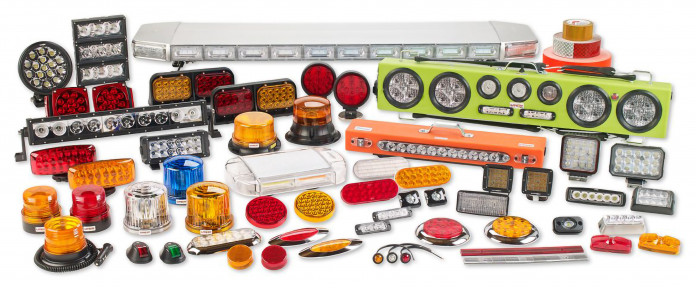
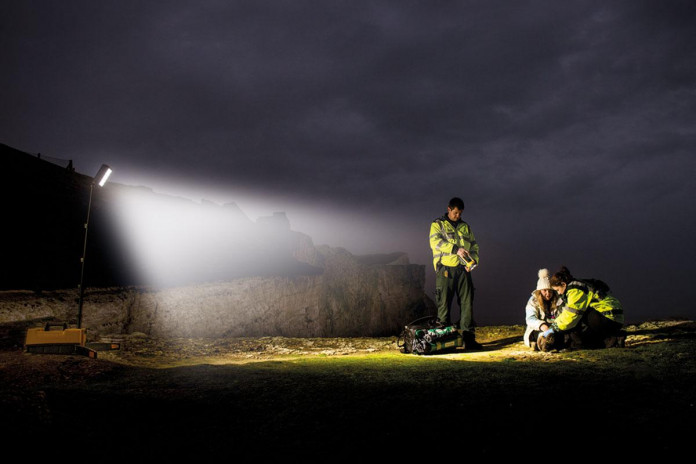
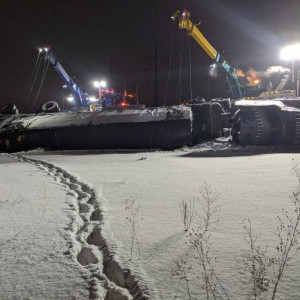
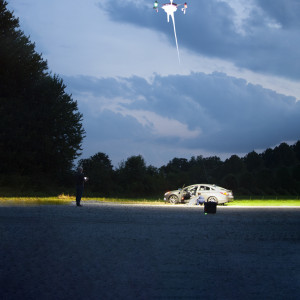
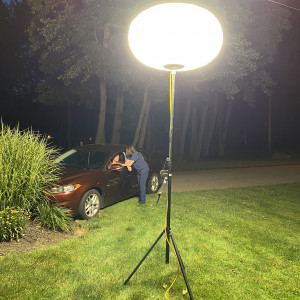
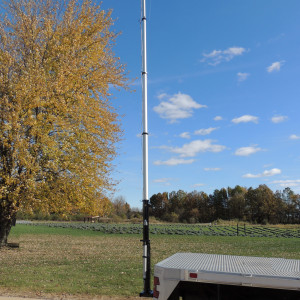
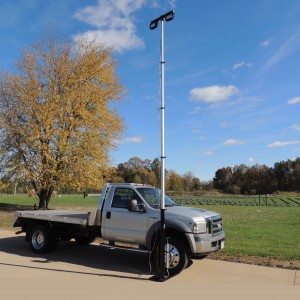
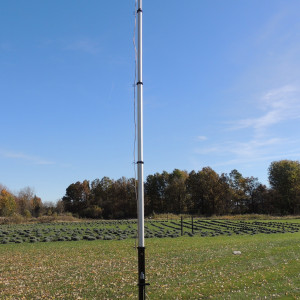
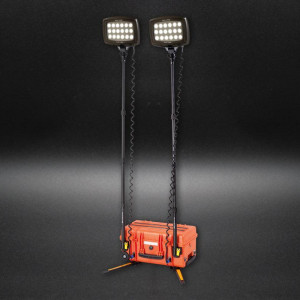
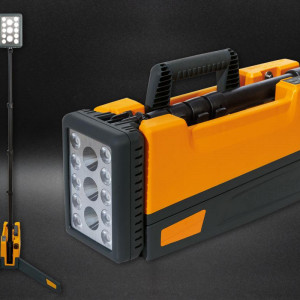
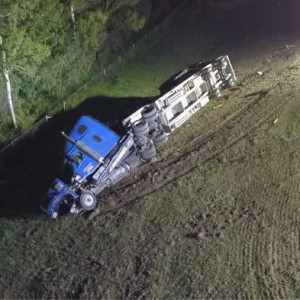
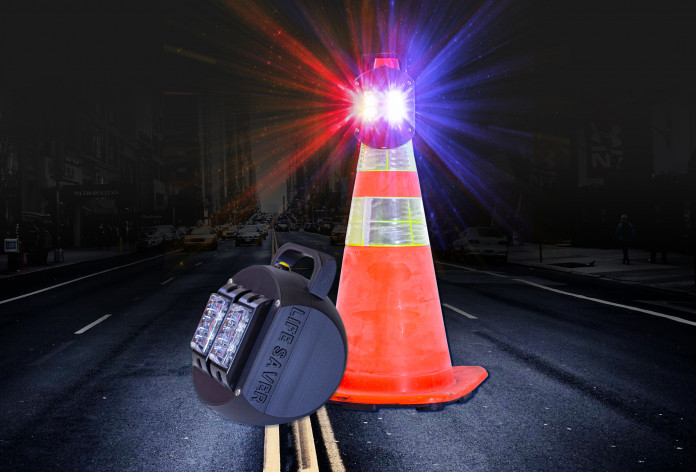
 “It was just like magic, the cars all moved to the far lane as soon as he set it out,” said Dave Stephens of Kellogg’s Service & Towing in Mead, Washington while recounting the first experience his driver had with the Life Saver.
“It was just like magic, the cars all moved to the far lane as soon as he set it out,” said Dave Stephens of Kellogg’s Service & Towing in Mead, Washington while recounting the first experience his driver had with the Life Saver. 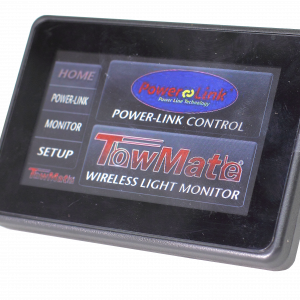
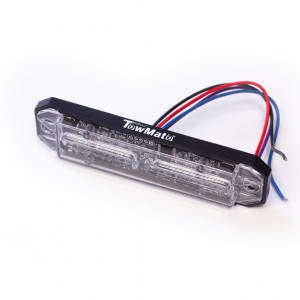
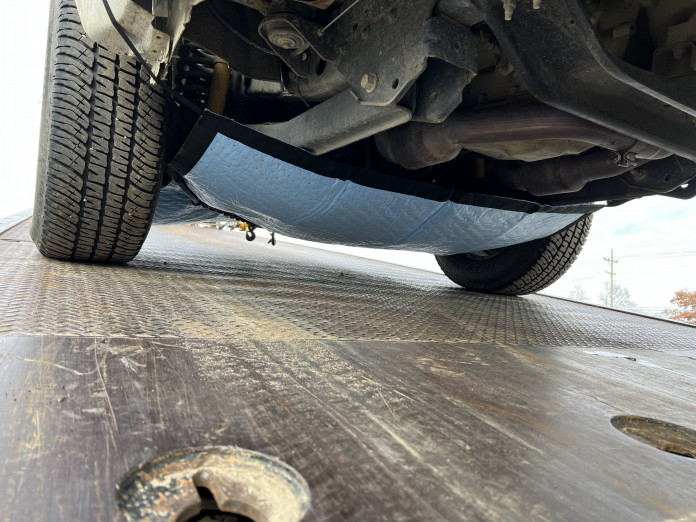
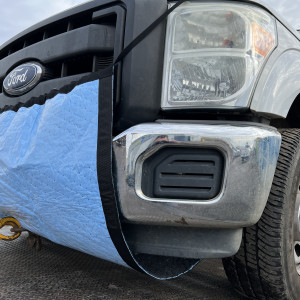
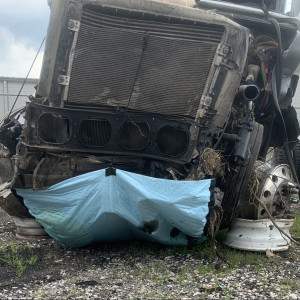
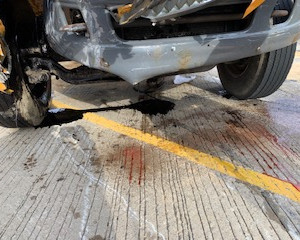
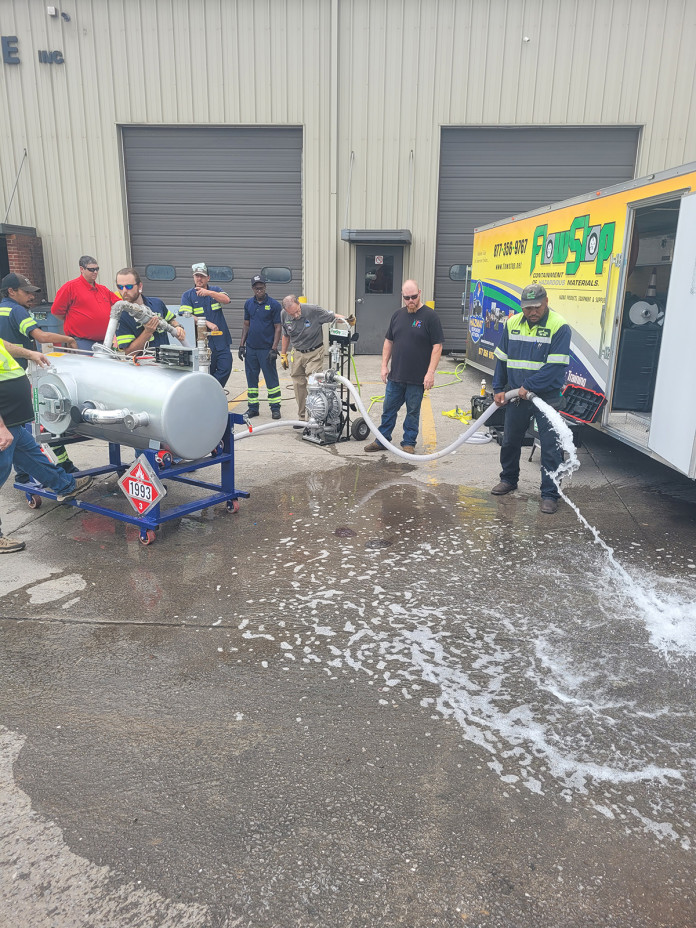
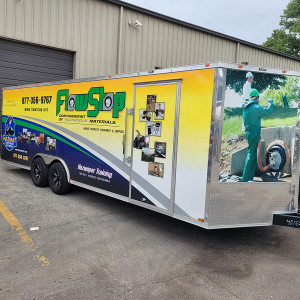 OSHA also requires
OSHA also requires 